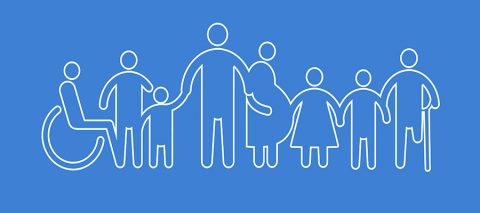Universal Design
How to pronounce:
ˌjuːnɪˈvɜːsəl dɪˈzaɪn

Universal Design is the design and composition of an environment so that it can be accessed, understood and used to the greatest extent possible by all people regardless of their ability or disability. An environment (or any building, product, or service in that environment) should be designed to meet the needs of all people who wish to use it. This is not a special requirement, for the benefit of only a minority of the population. It is a fundamental condition of good design. If an environment is accessible, usable, convenient and a pleasure to use everyone benefits. By considering the diverse needs and abilities of all throughout the design process, universal design creates products, services, and environments that meet peoples’ needs. Simply put, universal design is a good design. It is important to design services and environments, including digital ones, according to universal design principles so that everyone can access them.
